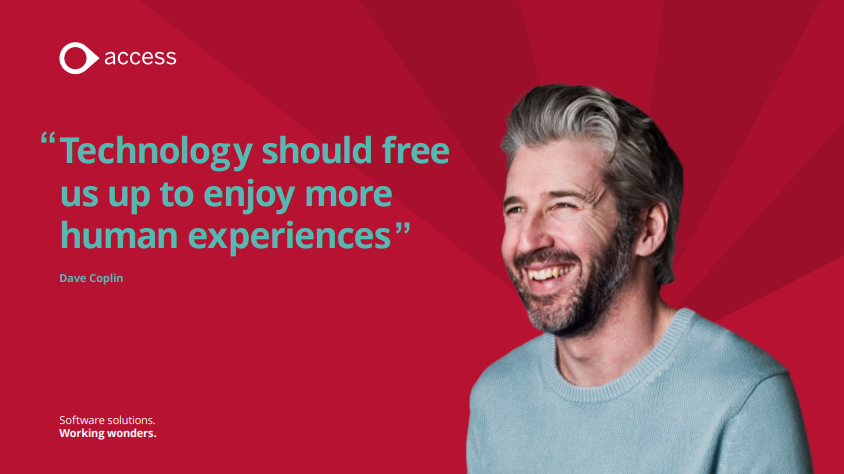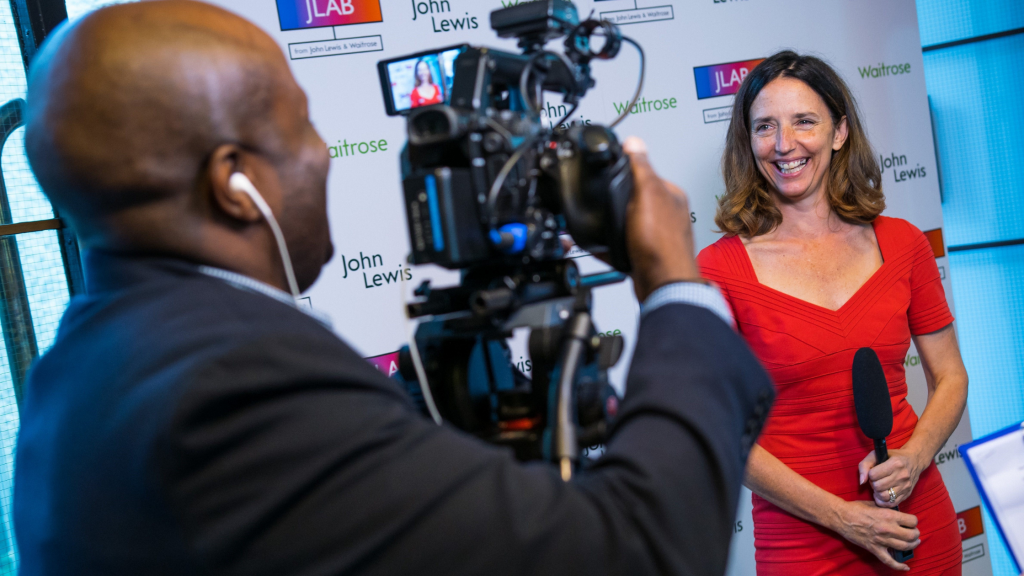In challenging times one must question the accepted reality because things are going wrong, rapid answers are needed and the solution may well be found outside the usual compass.
In the world of business, we are often guilty of not challenging the norm; we are instead satisfied with following procedure and tradition. It takes insight and courage to question your leaders: why are things done the way that they are However, in times of crisis there seems to be more latitude to do so. Management in fact is actively seeking input it seems. Leading companies nowadays recognise this and cultivate a more open, questioning climate within the office at all times because a degree of continual review is healthy within a business.
Strategic review should not be reserved only for times of trouble. When was the last time that your company critically analysed the fundamentals of the business with everything onthe table for inclusion There are numerous examples of famous companies such asKimberly-Clark that dramatically changed strategic direction after such a re-think and hugely boosted corporate performance as a result.
Read more about business strategy:
- Why the concept of strategy had had its day
- Seven things every leader should know about strategy
- Where should the IT strategy sit
- What does OTE mean?
The greater good
Times of crisis in a business sector can often lead to an overall improvement in the community. Weaker entrants often leave the game when the environment worsens and the barriers to entry for new players seem higher. Those that remain therefore have reduced competition and “better quality” competitors who operate with more similar parameters of quality, value and commercial behaviour.
In the global economic meltdown of 2007/8 many companies were forced to review commercial terms and conditions with customers. Typically, long-established “standard”credit periods that pre-crisis had been applied to whole countries as a default position suddenly became unsustainable because banks were not playing ball.
Such extended credit periods (often of six months and beyond in some industries) had been defended as “accepted practice” or “the minimum required” for decades and few thought to question thelogic. Post economic crash when such terms were slashed, sales teams across the globe feared the worst but most were surprised to see little impact. There is of course a “safety in numbers” effect operating here, when the whole sector cuts the terms then no one company is exposed but the smart ones will never have returned to pre-crisis levels of creditthereby using the crisis to correct lax policy and improve profits.
A less palatable but equally valid example is that of traders and companies that actively buy stocks when markets are crashing. Sailing against the current is often hugely profitable longer term. You might say that it is actually part of their business model to look for crises because making money in calm times is considerably more difficult.
Times of personal crises can be a watershed for growth
Finally, consider the effects of personal crisis. Redundancy is hugely challenging for the individual concerned and the fear is centred on the uncertain future ahead. It is true that when one has worked for many years within an organisation that the world of work outside seems more and more challenging. There is something comforting about unchanging procedures, environment and colleagues. However, it can also be said that such conditions are restrictive and that living in the comfort zone can lead to an individual operating below their potential.
It is quite common to hear of individuals who have never looked back after redundancy because it unleashed an entrepreneurial spirit that had been dormant. Many describe themselves as “reluctant entrepreneurs” because it was the act of being made redundant that forced the change in approach they needed a push. It wasn’t planned but nonetheless these people certainly didnt waste a good crisis!
Similarly, the sales warriors of today may be missing a trick. According to the biggest battle’s in history, an indirect approach is the ultimate “grand strategy”.
Andrew Low is managing director of JE Invest and the owner of DiscussingBusiness.com.
Click here for more great leadership quotes to inspire you.




















































































































































